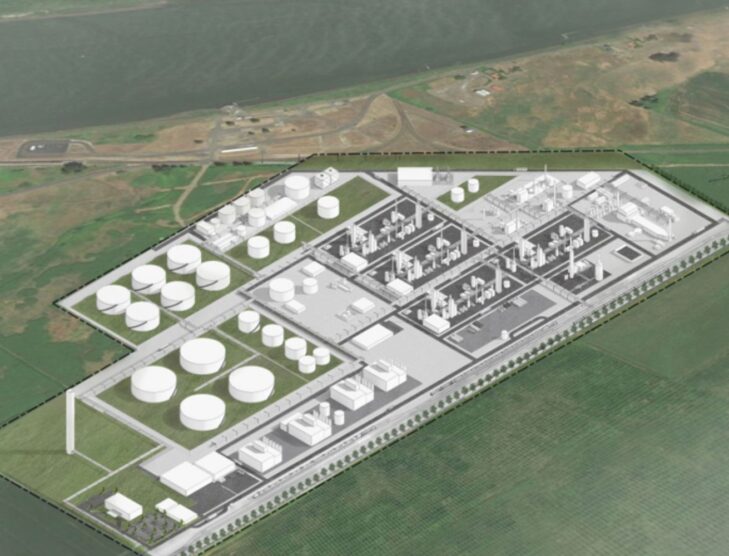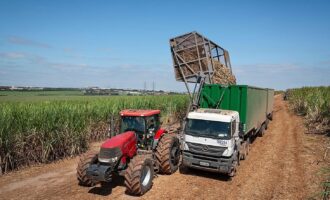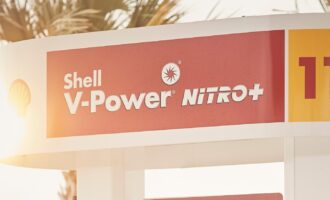
NEXT Renewable to redevelop foreclosed Red Rock Biofuels project
Lakeview RNG, a wholly owned subsidiary of NEXT Renewable Fuels, has acquired assets associated with the Red Rock Biofuels development in Lake County, Oregon, U.S.A. The purchase price of the facility was not disclosed.
The Lake County development was the flagship project of Red Rock Biofuels, which was founded in 2011 in Fort Collins, Colorado, U.S.A. The facility, which began construction in 2018, was never completed. Had it been it would have produced more than 15 million gallons of low-carbon, renewable jet fuel and diesel fuel per year, primarily for the aviation industry. The biorefinery was designed to use locally sourced forest residues, mill residues, and agricultural waste as feedstocks, reducing transportation costs and promoting regional economic development.
The Red Rock Biofuels property was foreclosed in December 2022. The property was sold at an auction to satisfy the obligations of Red Rock’s trust deed. Red Rock has failed to pay the principal and interest on certain economic development revenue bonds issued by the State of Oregon. The principal amount owed was approximately USD299 million. The total default amount was USD355 million, including interest.
Lakeview RNG is commencing a redevelopment plan focused on completing construction of certain aspects of the site while replacing or enhancing others. When complete, the Lakeview RNG facility is expected to be capable of converting forest waste into renewable natural gas (RNG) and clean hydrogen.
“Acquiring the Lake County clean fuels infrastructure is another advancement in our mission to decarbonise the transportation industry and produce low carbon fuels at scale,” said Christopher Efird, CEO and chairperson of NEXT Renewable Fuels. “This acquisition represents a major step toward our clean fuel production capabilities and pathways to meet growing demand for clean fuels along the west coast of the United States while helping to address the critical concern of forest health.”
Lakeview RNG will use wood waste, or “slash,” as the feedstock. Wood waste can come from activities like forest thinning, logging, and wildfire management activities on private and state lands. Today, that waste is largely burned in open slash piles, and the subsequent black carbon lands in rivers, on snowpack, and in the community’s lungs. Instead, Lakeview RNG will process that wood waste and turn it into a low-carbon gaseous fuel, benefitting environmental and community health in southern Oregon and beyond.
“We have been anxiously awaiting this day and are very happy that the facility will be put into operation rather than sold for parts,” said Michele Parry, Lakeview City manager. “Lakeview’s location is strategically important because of our proximity to regenerative feedstock sources and to the pipeline distribution system that can get the clean fuels to market.”
Lakeview RNG has evaluated the potential feedstock supply in Oregon and determined that all of its wood waste needs could come from within 150 miles of the facility. Wood waste used at the facility will be certified and compliant with applicable regulations for RNG production. Converting forest waste to renewable fuel products helps reduce forest fire fuel loads and provide an additional revenue source to timber communities. The local distribution network in Lake County is anchored by the Ruby pipeline and can deliver renewable fuels to transportation markets in Oregon and along the west coast.









